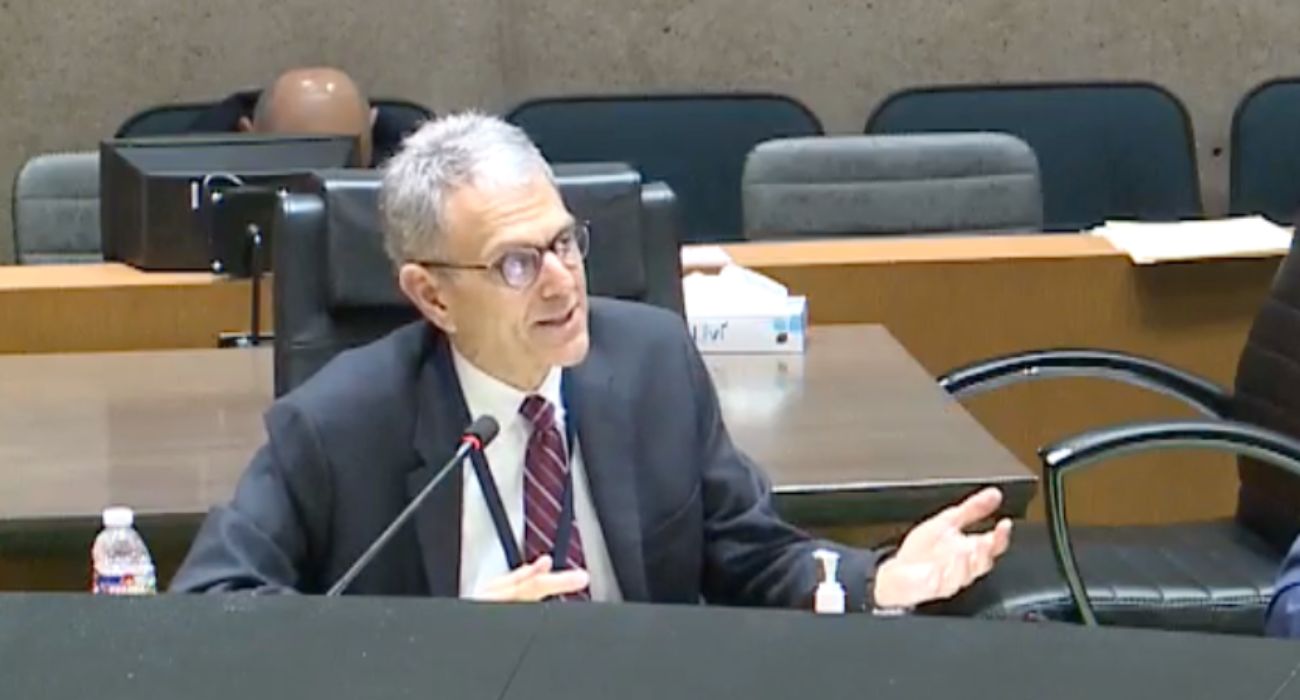A 39-year-old Nigerian man in Sherman, Texas named Shalom Olumide Ayotunde was sentenced to a U.S. federal prison after pleading guilty to fraud violation charges. According to the Department of Justice, on Thursday, January 6, U.S. District Judge Amos L. Mazzant III sentenced Ayotunde to forty-six months and ordered him to pay $1,067,000 in restitution.
In June 2018, authorities discovered that when Ayotunde applied for a U.S. passport, he added false information about his identity and claimed to be a citizen of the United States. When applying for Payment Protection Program (PPP) loans, his information on the forms was false. However, he was still able to gain over one million dollars “in fraudulent PPP loan proceeds,” the Department of Justice explains.
Additionally, there was evidence that he was a part of “a conspiracy to defraud companies through business email compromise schemes” where he played the role of a “money mule” by obtaining and passing on the proceeds of the fraudulent activity. Over $800,000 of stolen funds was either solicited or received by Ayotunde.
On November 13, 2020, a federal grand jury charged him with fraud, including wire fraud, passport fraud, and fraudulent claims of U.S. citizenship. Shalom Olumide Ayotunde pleaded guilty to all charges on July 1, 2021.
According to the National Accord Newspaper, the U.S. Department of State Diplomatic Security Service, the FBI, and Assistant U.S. Attorney Camelia Lopez aided in the investigation.
The Attorney General established the COVID-19 Fraud Enforcement Task Force on May 17, 2021. This task force combined the resources from the Department of Justice with other government agencies to gain control over fraud that may be related to the pandemic. They investigate domestic and international crime and conduct reviews based on their findings. According to the Department of Justice, the task force also guides other agencies “relief programs” to catch and prevent fraud. They believe clear communication about their fraudulent findings can help guide other agencies in knowing what to look for.






